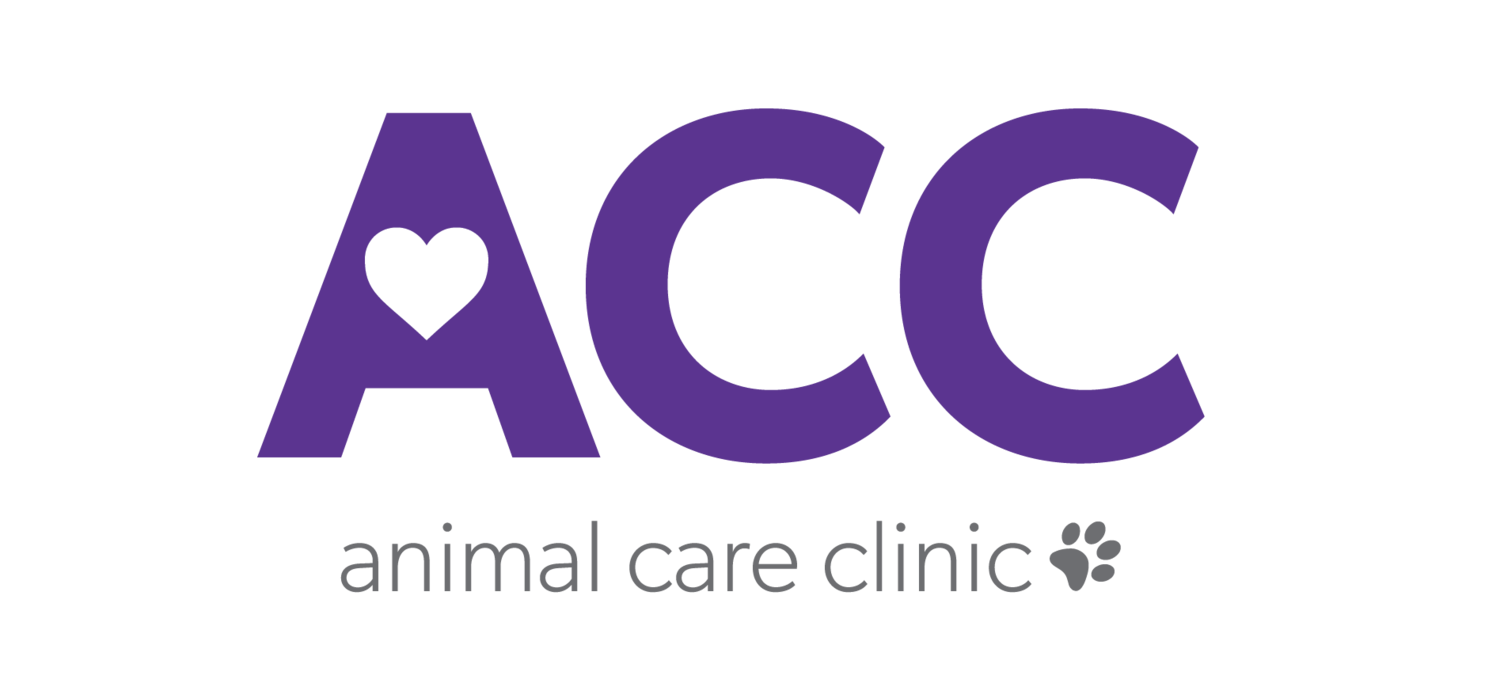Hydration is essential for every living creature, and cats are no exception. Water is vital to a cat's health, comprising 60-70% of their body weight. This article is designed to guide cat owners on preventing dehydration in their feline companions and provides practical tips and tricks to encourage cats to hydrate more.
Why is It Essential for Cats to Drink Water?
The significance of water goes beyond satisfying your feline friend's thirst; it's a lifeline supporting countless bodily functions. Water's role in preventing dehydration in cats is fundamental. But, more so, it serves as an internal purifier, facilitating the expulsion of toxins from the kidneys. This function is crucial to maintaining your cat's overall health, as accumulated toxins can lead to severe health complications.
Furthermore, water plays a vital role in digestion and nutrition. It assists in breaking down food, enabling easy nutrient absorption, and functions as a transportation system, delivering those nutrients to various cells throughout the cat's body. Water does more than just quench thirst; it sustains your cat's health and promotes longevity. Ensuring your cat has regular access to fresh and clean water is paramount.
The Risks When Cats Do Not Consume Enough Water
Dehydration occurs when a cat loses more fluids than it consumes, posing significant dangers. Illnesses like diarrhea, vomiting, diabetes, heatstroke, kidney disease, hyperthyroidism, and hepatic lipidosis can trigger dehydration.
The effects of dehydration are severe. They include electrolyte imbalances, reduced blood and oxygen flow, toxin accumulation, and death. Furthermore, inadequate water consumption can lead to poor organ function, unhealthy skin, decreased energy levels, and an increased risk for urethral obstruction in male cats.
Signs of Dehydration in Cats
Recognizing the signs of dehydration in cats ensures prompt treatment and recovery. It's essential to remember that cats, especially older ones, are excellent at hiding signs of illness, so that subtle changes might be significant.
Below are clear indications that a cat may be dehydrated:
Lethargy: Dehydrated cats may seem less energetic or sleepy. This could indicate that their body is trying to conserve energy due to a lack of fluids.
Sunken Eyes: Dehydration can cause a cat's eyes to appear sunken or dull rather than bright and alert.
Dry Gums: A hydrated cat's gums should be wet. In contrast, dehydrated cats often have sticky or dry gums.
Loss of Appetite: Dehydration can make cats feel nauseous, leading to a reduced desire to eat.
Panting: While panting is more common in dogs, cats may pant if severely dehydrated.
Decreased skin elasticity: This can be tested by gently pulling up the skin on the back of a cat's neck. If the skin doesn't promptly spring back into place, it could indicate dehydration.
Increased heart rate: Dehydration can cause a cat's heart to beat faster to distribute less blood around the body.
These signs should not be ignored. If a cat shows any of these symptoms, immediate veterinary attention may be necessary to prevent further complications. Providing water and encouraging the cat to drink is advised, but more is needed for severe cases.
Tips and Tricks to Keep Your Cat Hydrated
Maintaining your cat's hydration might seem challenging, but one can employ several effective strategies.
Here are specific tips and tricks to ensure that your feline friend gets adequate water:
Flavored Water: Cats can sometimes be picky drinkers. To make water more appealing, consider adding a splash of tuna, salmon, or clam juice to their water. This changes the taste and adds a familiar scent, encouraging cats to drink more.
Clean and Fresh Water: Cats prefer fresh, clean water. Ensure their water bowls are cleaned regularly and filled with fresh water to encourage them to drink.
Water Bowl Placement: Cats usually prefer to eat and drink in different places. Place water bowls around the house, away from their food bowl and litter box. This separation can stimulate more frequent drinking.
Canned Cat Food: This type of food contains a high amount of water, making it an excellent option for supplementing your cat's hydration. Mixing canned food with regular dry food can significantly increase their water intake.
Water Bowl Design: Consider the design of the water bowl. Bowls that are too deep can cause discomfort, known as "whisker fatigue." Opt for wide, shallow bowls, where their whiskers aren't disturbed when they drink.
Ice Cubes: Adding ice cubes to their water can make it more appealing to some cats. It keeps the water cool and provides a fun distraction as they play with the cubes.
Update Their Water: Water should be replaced twice daily to remain fresh and inviting. Stagnant water can accumulate bacteria and debris, which might discourage your cat from drinking.
By implementing these tips, cat owners can help ensure their pets consume the necessary water daily, contributing significantly to their overall health and well-being.
Prioritizing Your Cat's Hydration
Ensuring a cat's hydration should always be considered. Maintaining a sufficient water intake for our feline companions cannot be overstated. By proactively monitoring your cat's water consumption and understanding the signs of dehydration, you can act promptly and mitigate potentially severe health issues.
Supplementing their fluid intake with flavored water, canned food, and strategically placed water dishes helps maintain their hydration. Creative solutions like using ice cubes or updating their water twice daily can make hydration a more appealing activity for the cat.
Remember, each cat is unique and might respond differently to these methods. It's all about finding what works best for your feline friend. If concerns arise about your cat's hydration or general health, seek veterinary advice immediately. Your vigilance and care can significantly contribute to your cat's long, healthy, and happy life. Visit Animal Care Clinic for vaccines, regular check-ups, dental care advice, and everything needed to take care of your cat.

